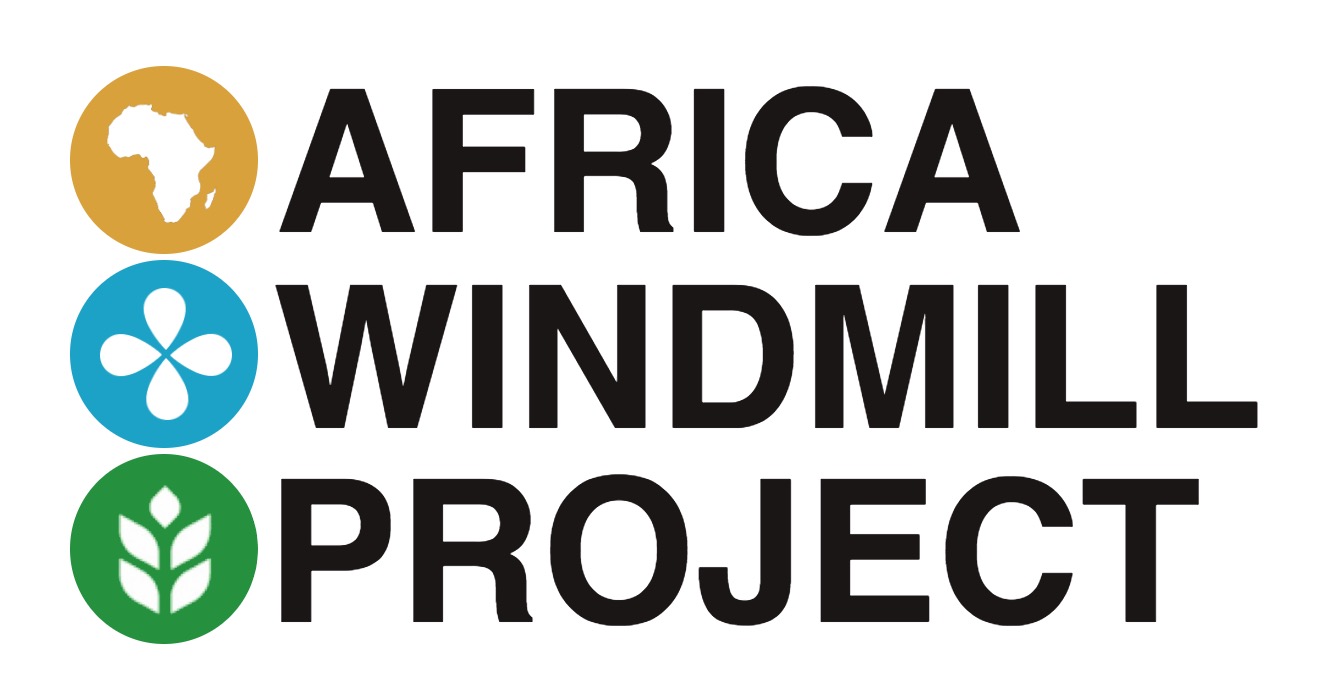More about our beekeeping initiative...

In Sub-Saharan Africa, most farmers living in the rural areas take agriculture as their livelihood. In Malawi, a variety of agricultural activities happen in these areas and yet very few farmers know about integrating the various activities. Most farmers have little information regarding the practice of combining agriculture farming systems. Things have been like this for a long time just because most agriculture extension officers put much emphasis on encouraging farmers to grow crops that would immediately benefit them. As such, most farmers concentrate on these crops and realize little benefits at the end of that particular growing season.

Africa Windmill Project in Malawi put on board a new tune for farmers interested in partaking in sustainable irrigation farming. Since 2012, AWP has been figuring out how best farmers could fully benefit from irrigation farming which in most areas takes place in April-October, the period during which most farmers fall into temptations of selling the available few food crops. As you can see, this is a short period where an individual farmer is expected to make use of the available agriculture resources to make food and money available at the household level. The challenge is further experienced, when it comes to sourcing seeds for irrigation farming. Farmers are tempted to sell food crops (which are supposed to take them up to the next rain fed farming) to purchase seeds. This has been an observed problem in most areas and including our implementation areas.

To take care of the problem, the we have introduced beekeeping in Mziza and Mwankhundi villages. The organization offered 5 bee hives to 25 farmers as one way of diversifying income generating sources for farmers participating in irrigation farming. These bee hives were made by Africa Windmill Project and hanged in August this year. It was noticed this month that the bee hives have bees and farmers just waiting to harvest first honey probably by January. AWP would like to see farmers using honey as an alternative for sugar which is currently expensive to local farmers; sell some and use the money for purchasing seeds at the primary phase of the irrigation farming. In the long run , AWP will facilitate village savings among her beneficiaries and make sure that they are able to buy more beehives for themselves. In this case, farmers will have sufficient money for purchasing seeds during irrigation farming and also be able to meet some household needs-hence continue to experience sustainable livelihood.
